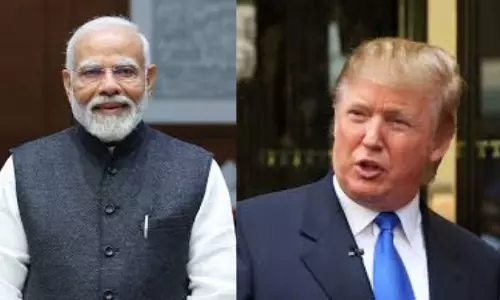DC Edit | Widen ambit of fake news fight

One of the fundamental ethics of democracy is the right to freedom of speech and expression, but like all rights, it, too, comes with certain conditions. The Indian Constitution lists six reasonable restrictions which a government can cite if it curtails such freedoms. The government has used exactly these provisions, which, among others, include national security, foreign relations and public order, to ban eight YouTube channels, including one based in Pakistan. It has reasoned that the content aired by these channels include “fake and sensational thumbnails” to spread disinformation on India, and hence are covered under Section 69A of the Information Technology Act, 2000.
One must welcome the move if the government has launched a war on disinformation and fake news for, in a democracy, people take vital decisions based on the information they receive. If the information is fake or spurious, it will cast a shadow on the quality of the decisions they take. Ultimately, they will have to pay for falling for untruths. It is, hence, the responsibility of the government to make attempts to filter those channels. If the latest ban on the online media is part of it, then it is a welcome move.
The question, however, is whether the government will stop at it or will launch a larger campaign against the interests that vitiate the democratic discourse in the country with half-baked truths, plain lies and whatabouteries. Post-truth has emerged as a factor that dominates societies across the world, and India is no exception. The forces which abuse democratic freedoms to undermine the very idea of democracy are dominant in our country, too. Elements which seek to ignite passions to win elections are no strangers to us. The government should ideally broadbase its actions against untruth to cover those elements, instead of limiting itself to some online channels.


